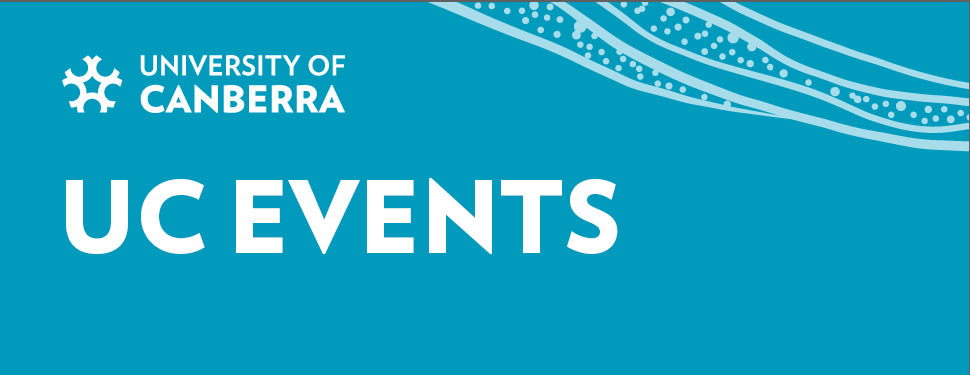Culture and Creativity Seminar – Knowing Where We Fit in the Australian Colonial Story
Speakers: Kate Grenville (author), Leanne Weber (author), Mary Spiers William (commentator), Kim Rubenstein (host/moderator)Date\Time: Thursday 26 February 2026, 12:00-13:00Location: Building 1 Level A Room 1A21, University of Canberra (NB Room 1a21 is accessed from the foyer joining Building 1 and Mizzuna café); or Zoom: http://zoom.us/j/95029077504 AbstractEach of us – whether we choose to embrace, deny or ignore this knowledge - is uniquely positioned within a shared colonial history. The question of positionality is a central theme for this seminar, to be explored through a comparison of two books that confront Australia’s colonial past and present from different starting points. In ‘Unsettled’, beloved author Kate Grenville examines the spread of white settlements beyond Sydney Cove, by injecting stories and imaginings about the region’s First Peoples into her own family history. In her memoir ‘The Chosen Son’, Leanne Weber grapples with her own experience of growing up in 1960s Adelaide with an Aboriginal foster brother placed by white authorities into her non-Indigenous family. Both books, in their own ways, depict voyages of discovery that draw on historical records, personal memories, empathy and imagination to uncover important truths about our settler colonial society. All are welcome! BioKate Grenville, AO is one of Australia’s most fearless and celebrated writers. She is best known for her novel The Secret River which ignited debate about how Australia should tell its foundational story. She has written across multiple genres, having published 10 works of fiction, three books about the writing process, a biography (of her mother), a memoir (about the writing of The Secret River) and a work of non-fiction she describes as ‘science-y’. Her latest book Unsettled was published in 2025.Leanne Weber is a former academic who is now an Adjunct Professor of Criminology in the Canberra Law School. She has published 11 academic books on the policing of minorities, human rights and border control and has twice been awarded the Christine M Alder Book Prize by the ANZ Society of Criminology. The Chosen Son is her first book intended for a wider readership. Leanne lives with her partner and dog on unceded Ngarigo land overlooking Lake Jindabyne. Until February 2025, Dr Mary Spiers Williams was the Associate Dean in Australian Indigenous Studies at the Australian National University, and worked across schools and colleges to develop a contemporary and innovative Australian Indigenous Studies curriculum there. Mary recently joined the UTS Faculty of Law where she convenes and teaches advanced courses in criminal law and social justice. In the years before joining academia, Mary was an advocate for desert peoples as a law and justice projects officer, a legal practitioner in central Australia and New South Wales, and was the senior policy officer for the NSW Attorney General's Criminal Law Review Division. Professor Kim Rubenstein is an Australian legal scholar, legal practitioner, professor, who is a Fellow of the Australian Academy of Law and Fellow of the Academy of Social Sciences in Australia. From 2006 to 2016 she was Professor and Director of the Centre for International Law and Public Law at the Australian National University, from 2011-2012 she was the inaugural Convenor of the ANU Gender Institute and from 2020-2022 she was Co-Director, Academic of the 50/50 by 2030 Foundation. She is currently an Adjunct Professor at the University of Canberra and the University of Technology Sydney and an Honorary Professor at The Australian National University. The Culture and Creativity Seminar Series is hosted by the Centre for Cultural and Creative Research (CCCR), Faculty of Arts and Design, University of Canberra. To discover upcoming seminars, please follow us on Facebook @uccccr, or Instagram and Twitter @uc_cccr. Alternatively, join our mailing list by emailing cccr@canberra.edu.au. Any questions and accessibility requests please contact: cccr@canberra.edu.au.


